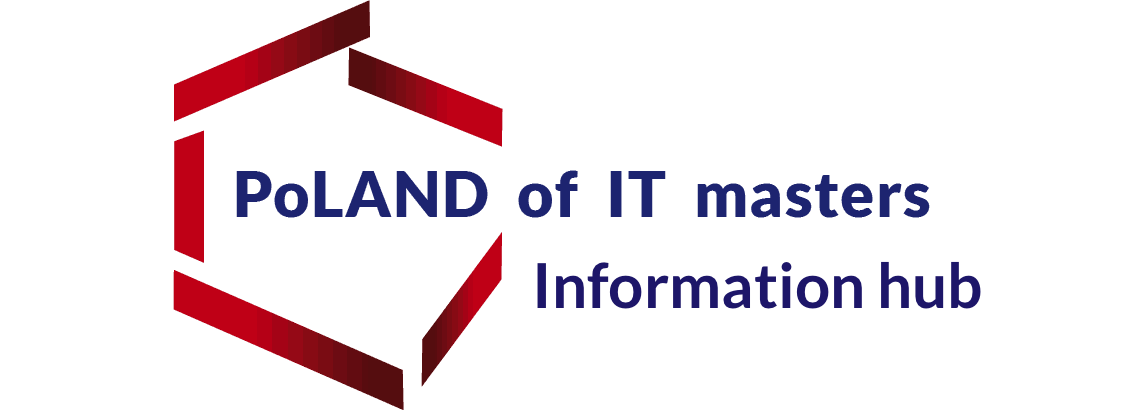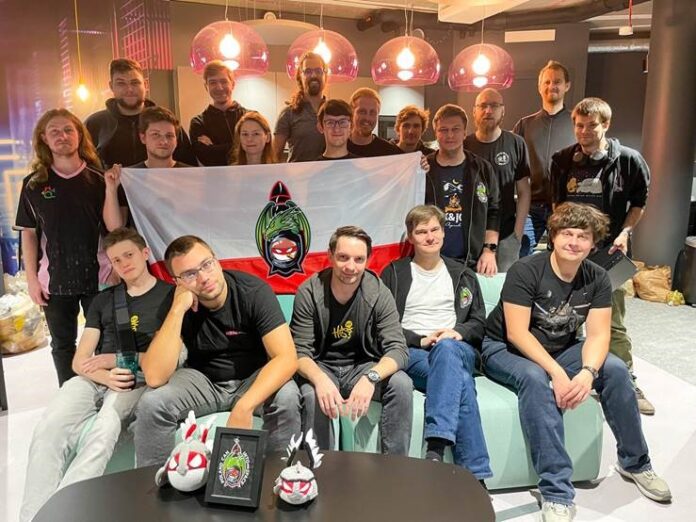“Poland Can Into Space“ won the Hack-A-Sat 3 cybersecurity competition. 8 from 19 people who made up the winning team were associated with the CERT Polska. It defends our country’s cybersecurity daily at the NASK National Research Institute. The US Army organizes the Hack-A-Sat competition from 2019.
The winning team “Poland Can Into Space” was made up of members of two groups: “p4” and “Dragon Sector”. And friends of experts specializing in developing technologies used in space, e.g. as part of the PW-Sat 2 project. The following places on the podium were taken by the teams “SpaceBitsRUs” and “Solar Wine.”
“The victory of ‘Poland Can Into Space’,” comments Sebastian Kondraszuk, the head of the CERT Polska team, is the merit of absolutely all members of this team. “However, the most important thing is something else. The next edition of this competition proves that such meetings and rivalries make sense. Creating truly safe solutions and building an effective CERT team is impossible without constant exercises and fighting real and artificially simulated threats. Increasingly, there will also be threats in some way related to space, so we have to prepare ourselves as best as possible for them.”
First-place winners received $50,000 for split. The second and third-place prizes were $30,000, and $20,000, respectively.
Cosmic competition
The Hack-A-Sat competition is organized by the United States Air Force (USAF) and Space Force (USSF). And is technically supported by Cromulence. Participation in the competition is open, so all interested specialists in cybersecurity activities can participate in it. The competition organizers declare that its goal is to „inspire to develop the skills necessary to reduce vulnerability and build safer space systems.” Thanks to the opportunity to exchange experiences between specialists in cybersecurity and space technologies, it will be possible to design safer software for satellites in the future.
The Hack-A-Sat is a Capture the Flag competition. This year it was conducted online in the Attack-Defense formula. It tests both the defensive and offensive skills of participants. The reported teams were to defend the assigned “virtual” satellite, properly operating it and ensuring it was working correctly. It consisted of:
- communicating with it,
- calculating the correct trajectory,
- precisely positioning the antennas,
- maintaining a positive energy balance by adequately setting the solar panels.
At the same time, it was also necessary to attack the satellites of other teams and try to destabilize them. It was also required to thoroughly analyze the satellite’s software. And find any security gaps when attacking other groups and defense activities.
The third success in a row
It was not the first success of the “Poland Can Into Space” team in the competition. It took 2nd place at the qualifying stage and 3rd in the Hack-A-Sat 1 finals in 2020. In 2021 they finished the qualifying stage in 1st place, although they were ultimately 2nd in the Hack-A-Sat 2 finals. However, the experience gained paid off now. The “Poland Can Into Space” team dominated the qualifying stage and the final competition during the Hack-A-Sat 3.
Almost 500 teams from all over the world had to be beaten to get to the finals. Eight teams competed in the final. Apart from Poland, four American, one Swiss, one French, and one German. The Polish team won, slightly ahead of the American group „SpaceBitsRUs.” It consists of experts from Northrop Grumman. The company responsible for designing and constructing the James Webb space telescope.
In a year, it’s really in space
The experience gained during the competition during the previous editions is used in designing and constructing the Moonlighter satellite. It is carried out by the United States Space Forces. Its primary function will be to expand further the knowledge and skills of researchers in securing space systems. It means to put it bluntly – it is supposed to be as resistant to hacker attacks as possible.
Notably, the launch of the satellite is planned for 2023. So during the Hack-A-Sat 4 participants will already use the device located in space. Next year, the participation formula will also change. The qualifications will remain remote, while the final will be held in Las Vegas.
Read more about a silver medal fot Polish-Lithuanian team in NATO Locked Shields 2022.
And about the 5th place of Poland in ECSC 2022 (European Cyber Security Contest).



